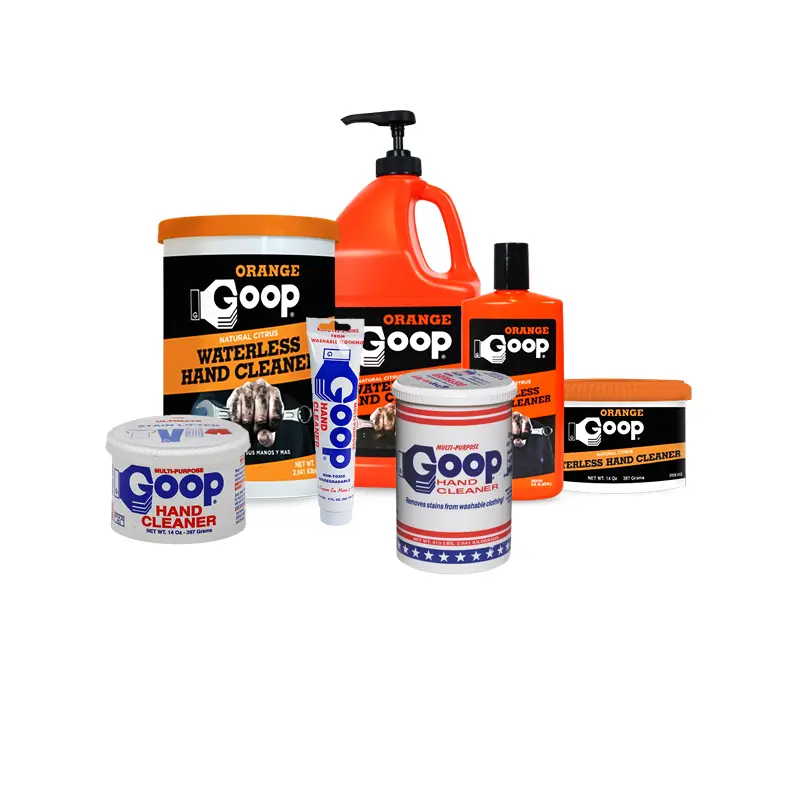Gwyneth Paltrow, a name that has dominated headlines and influenced modern lifestyles through her wellness brand Goop, finds herself at a crossroads. The brand has revolutionized the way we think about wellness and luxury products, yet recent shifts have raised questions about its future. Is the once-glowing star of Goop starting to fade, or does it still have a pulse ready to thrive in an evolving market?
This article takes a deep dive into the landscape of celebrity businesses and wellness trends, exploring Goop’s journey, the challenges it faces, and what’s next for both Paltrow and her iconic brand.
The Rise of Goop: A Cultural Phenomenon
When Gwyneth Paltrow launched Goop in 2008, it started as a simple weekly newsletter offering advice on wellness, lifestyle, and beauty. Little did anyone know that this modest initiative would grow into a powerful lifestyle brand, turning Paltrow into one of Hollywood’s savviest entrepreneurs. Through Goop, Gwyneth crafted an image that combined celebrity glamor with wellness advice that often danced on the edge of the unconventional.
From jade eggs that promised to enhance vaginal health to controversial diet tips, Goop became synonymous with a specific kind of aspirational living. However, it wasn’t all roses along the way. As Goop’s visibility increased, so did the scrutiny of its products and claims. Critics have ardently attacked the brand for promoting pseudoscience, while fans praised it for empowering women to take charge of their self-care.
This duality of reception led to Goop being labeled as the quintessential brand of the modern wellness movement—at once celebrated and heavily criticized. The brand eventually expanded to encompass a wide range of products, including beauty, fashion, and home goods, while also entering the lucrative wellness retreat sector.
Goop’s Unique Product Line
One of the key elements to Goop’s allure is its unique product offering. Items such as the infamous ‘This Smells Like My Vagina’ candle are not only products but also cultural statements. The bizarre humor combined with a serious price tag (this one cost $75) caught media attention globally, bringing a wave of publicity that was both fruitful and detrimental to the brand’s image.
The juxtaposition of high prices with unusual items exemplifies the brand’s appeal to a wealthy demographic looking for something original and exclusive. For instance:
- $249 24-karat gold vibrator ring
- $3,900 FireLight infrared sauna
- $28,495 Rolex
These extravagant offerings scream opulence, catering to luxury consumers who are unafraid to spend on what speaks to their lifestyle aspirations. Yet, the question remains: as consumer demographics shift due to economic factors, will this continue to resonate with a broader audience?

The Impact of Celebrity Culture on Goop
The meteoric rise of Goop can be attributed to Gwyneth Paltrow’s immense star power. She wasn’t just selling products; she was selling a lifestyle that many aspired to emulate. Paltrow carved out a niche where wellness intersected with celebrity culture, making her advice feel both accessible and exclusive.
However, as celebrity-led brands proliferate, Goop faces the challenge of remaining relevant amidst fierce competition. The industry has seen an influx of star-studded ventures from the likes of Kourtney Kardashian’s Poosh to Jennifer Aniston’s LolaVie. Each new launch chips away at Goop’s once-commanding presence.
Moreover, the growing skepticism surrounding celebrity endorsements raises the stakes. As more consumers become aware of the motivations behind these endorsements, maintaining authenticity becomes paramount. Paltrow’s perceived authenticity has helped keep the brand afloat, but can it withstand the changing tides?
Key considerations for Goop moving forward include:
- Innovating product lines to meet evolving consumer values
- Engaging younger audiences while maintaining relevance with established customers
- Finding ways to sustain authenticity in advertising
Challenges Faced by Goop
Despite its success, Goop is not immune to challenges—it has recently faced significant hurdles affecting its workforce and resources. In September 2024, reports emerged that Goop had to undertake layoffs, trimming 18% of its workforce in an effort to streamline operations. This comes on the heels of feedback indicating that its affordable beauty line, branded Good.clean.goop, was performing poorly in retail environments.
As disposable income dwindles for various demographics, many question whether consumers will continue to shell out for premium-priced wellness products. A trend toward simplicity and budget-friendly options in the beauty industry could spell trouble for Goop, who has always been positioned as a luxury brand. This struggle has also been reflected in some of Goop’s most notable collaborations, such as its line with Target, which found itself in the bottom 15% of sales.
These challenges exhibit a necessity for brands to adapt in real-time, and Goop is in a precarious position. How can they innovate their offerings to appeal to their loyal customers while also attracting new ones?
Innovative Approaches for the Future
As Paltrow and her team consider the next steps, innovation will be crucial. It’s no longer simply about creating a buzz through quirky products; it’s about providing real value to the consumer. The Goop Kitchen venture, focusing on healthy meal delivery, is one step in this direction.
Expanding the availability of the ‘Good.clean.goop’ line and making it more accessible at places like Amazon is another strategy being employed. The expansion could potentially widen its customer base significantly and redefine what wellness means for a younger generation, especially as Gen Z starts to prioritize transparency and ethical sourcing in brands.
Understanding the nuances of millennial and Gen Z consumers—who are generally less brand loyal and more value-driven—will be vital for Goop’s survival and growth. They are also the most digital-savvy, blending shopping with social media engagement and influencing buying trends. Meeting this demographic where they are, while still preserving Goop’s luxurious appeal, could create a new chapter for the brand.

The Importance of Brand Relevance
The future of Goop may hinge on its ability to remain relevant in a swiftly changing market. With so many options available to consumers, particularly in the wellness space, it’s imperative that Goop finds and maintains its unique voice. Authenticity, quality, and community engagement will make or break their reputation.
Moreover, leveraging digital platforms by integrating storytelling with commercial efforts is an effective strategy in an age where consumers demand more than just products—they seek experiences and narratives. Gwyneth Paltrow’s strong social media presence has already paved the way for that, enabling her to directly communicate with her fans and followers.
Strategies to enhance brand relevance include:
- Building community through engagement on digital platforms
- Highlighting real stories from customers who have benefitted from Goop products
- Employing collaborations with influencers who resonate well with the target audience
Final Thoughts on Goop’s Evolution
In an ever-evolving landscape, the challenge for Gwyneth Paltrow and Goop lies in navigating the delicate dance of maintaining its luxurious appeal while also adapting to the changing preferences of consumers. Innovation, flexibility, and commitment to genuine value will be fundamental in ensuring Goop remains a frontrunner amidst increasing competition.
The metamorphosis of Paltrow’s brand isn’t just a reflection of market trends, but rather of how celebrity-driven enterprises must evolve in an ecosystem where consumers are becoming savvier. As they confront their challenges and explore new opportunities, the resilience of both Gwyneth Paltrow and Goop will determine if they can shine brightly in a crowded industry.
Source: pagesix.com
Hi, I’m Sarah, a 30-year-old journalist with a passion for storytelling and uncovering the truth. I strive to bring important issues to light and connect with my audience through compelling narratives.



